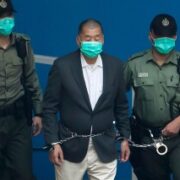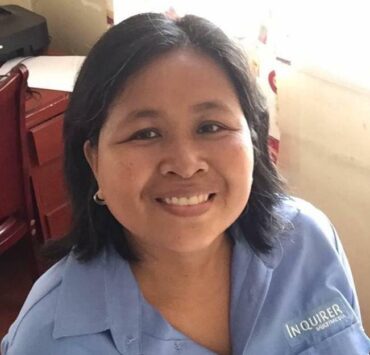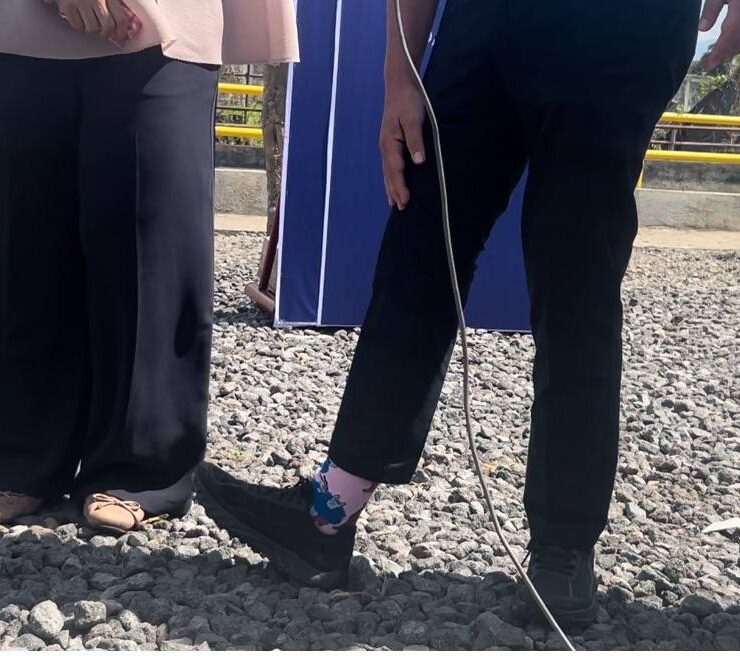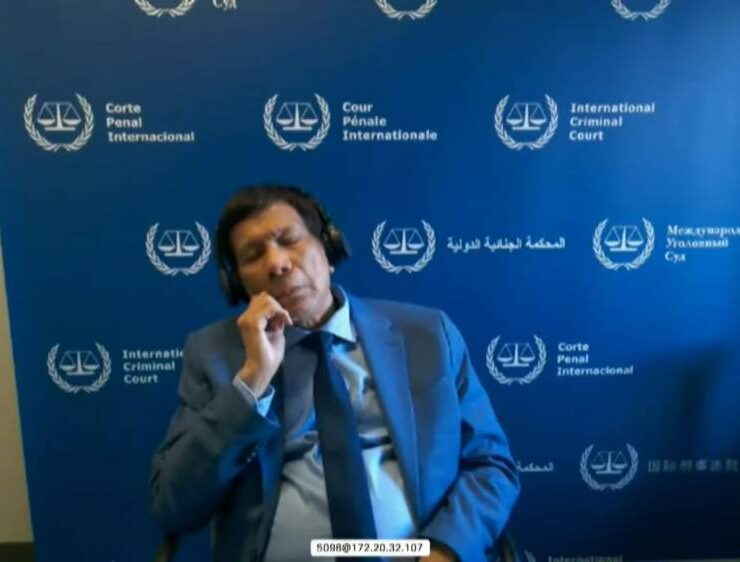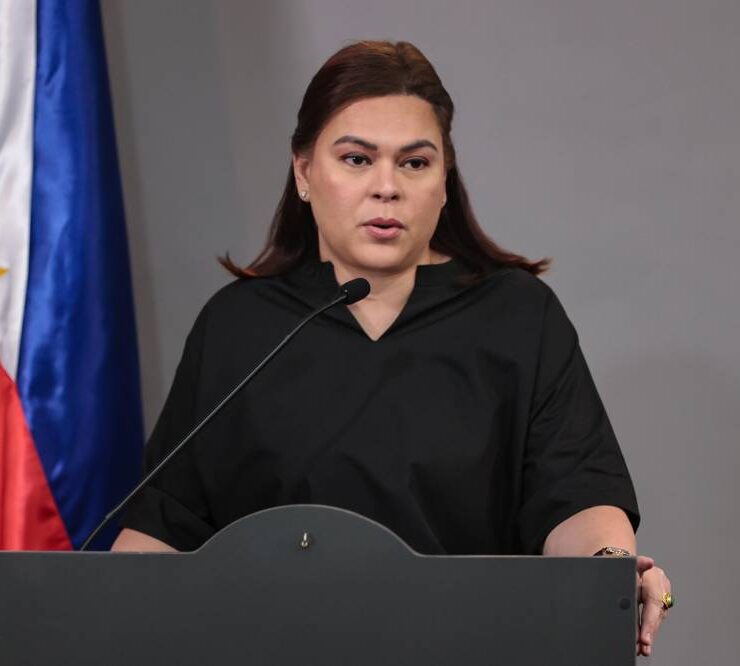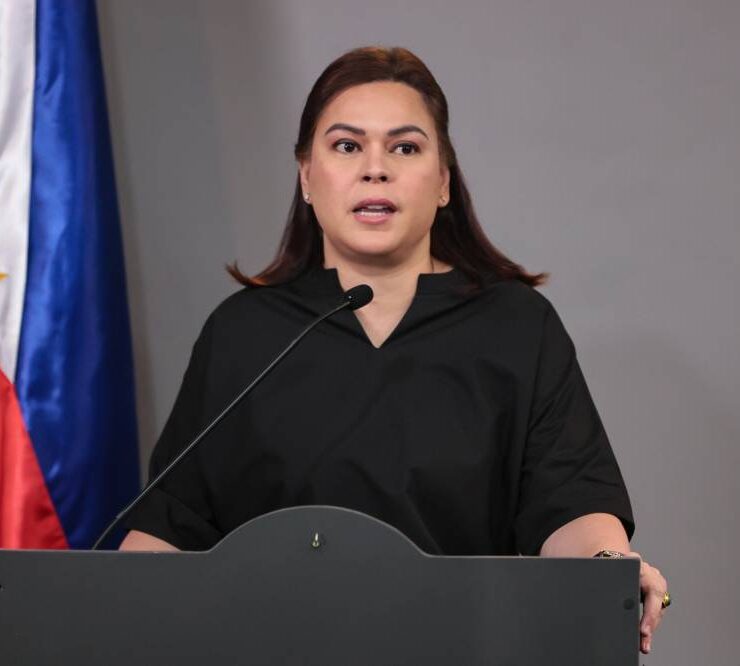SC hears last oral arguments on PhilHealth fund transfer
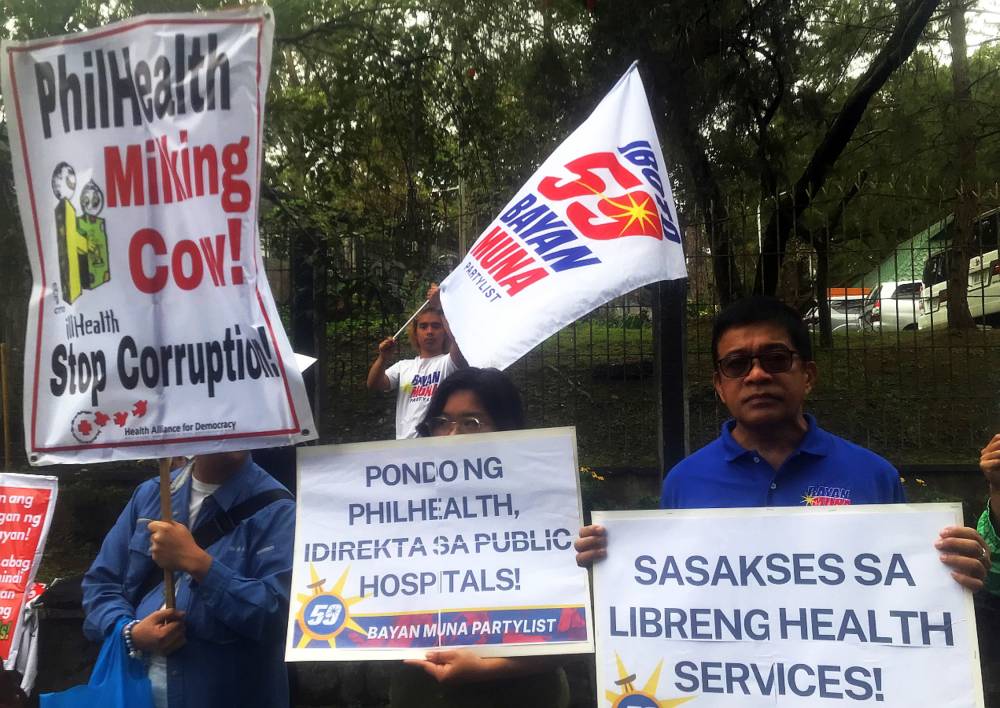
After five sessions, the Supreme Court on Thursday wrapped up oral arguments on the controversial transfer of P89.9 billion in excess funds from the Philippine Health Insurance Corp. (PhilHealth) to the national treasury, with Associate Justice Rodil Zalameda raising questions on its validity.
The six-hour interpellation tackled various issues, including the management and use of PhilHealth funds, concerns that these were “commingled” with those in the national treasury, making it difficult to check if these were used solely for health purposes, and the potential “abandonment” of the fund’s intended purpose.
During the hearing, Finance Secretary Ralph Recto defended the government’s decision to revert the excess funds, arguing that it was not only legal but also economically and morally sound.
“We cannot, in good conscience, allow funds to languish in bank accounts as our nation’s needs multiply daily,” Recto said during the fifth oral argument session on the consolidated petitions challenging the constitutionality of the transfer.
In earlier arguments, Solicitor General Menardo Guevarra explained that the P89.9 billion in question represented government subsidies that accumulated over three years and remained unutilized by the end of 2023.
Of the amount, P60 billion was already transferred to the national treasury last year before the Supreme Court issued a temporary restraining order.
Justification
Zalameda said the validity of fund transfers must still comply with the Constitution and existing laws, regardless of the government’s rationale.
“No matter how noble or beneficial the wisdom or purpose of the law authorizing the transfer, this is not sufficient justification to uphold its validity and it has to comply with the Constitution and the statutes,” he pointed out.
Zalameda’s interpellation focused on Article 6, Section 29, Paragraph 3 of the Constitution, which allows the transfer of special funds to the general fund if “the purpose for which it was created has been fulfilled or abandoned.”
Guevarra argued that returning the funds to the treasury did not constitute abandonment, as they could still be used for the Universal Health Care Act within its 10-year implementation period.
However, he later acknowledged that the move could be considered a form of abandonment, but insisted it complied with a directive from the Department of Finance (DOF).
Commingling of funds
Senior Associate Justice Marvic Leonen, meanwhile, emphasized constitutional provisions on social justice (Article 2, Sections 9 and 10) and the right to health (Article 2, Section 15; Article 13, Sections 11 & 12), which obligate the state to protect public health and ensure access to social services.
“When we harmonize it, therefore, these provisions, a Universal Health Care Act, should we not interpret the harmonization to give effect to the right to health rather than to support the other goals of the government? What do you think?” Leonen asked Guevarra.
It was previously revealed that the 2024 General Appropriations Act (GAA) had already allocated P459 million under the Office of the Presidential Adviser on Peace, Reconciliation, and Unity for managing and supervising the comprehensive peace process.
However, an additional P688 million was placed under unprogrammed appropriations, raising concerns that PhilHealth funds could be tapped for this purpose.
Again, Guevarra defended the transfer, saying the money from PhilHealth was commingled in the national treasury and applied to various unprogrammed appropriations.
Leonen was unconvinced, saying: “Yes, so it’s worse. Because it was put in a fund, not for health in general, but it was commingled and then just left to fate.”
In response, Guevarra maintained that the Department of Budget and Management had issued special allotment release orders showing that almost the entire P60 billion transferred from PhilHealth was allocated to health-related projects.
Health fund sources
Associate Justice Antonio Kho focused on Section 37 of the Universal Health Care Act, which specifies the funding sources for the law’s implementation.
A key point of contention was the role of the Philippine Amusement and Gaming Corp. in remitting 50 percent of its earnings, which should go directly to PhilHealth but instead went to the national treasury, as mandated by a 2022 joint circular.
“Would you not consider that to be in violation of the law because the law directly mandates that the funds raised for this purpose shall be transferred to PhilHealth, not to the general fund?” Kho asked the respondents.
The oral arguments stemmed from three consolidated petitions, which challenge the constitutionality of a provision in the 2024 GAA and DOF Circular No. 003-2024, which ordered the PhilHealth fund transfer.
Before adjourning the session in Baguio City, Chief Justice Alexander Gesmundo directed the petitioners, respondents, and the amicus curiae to submit their respective memorandums or a consolidated summary of their arguments within 30 days.













